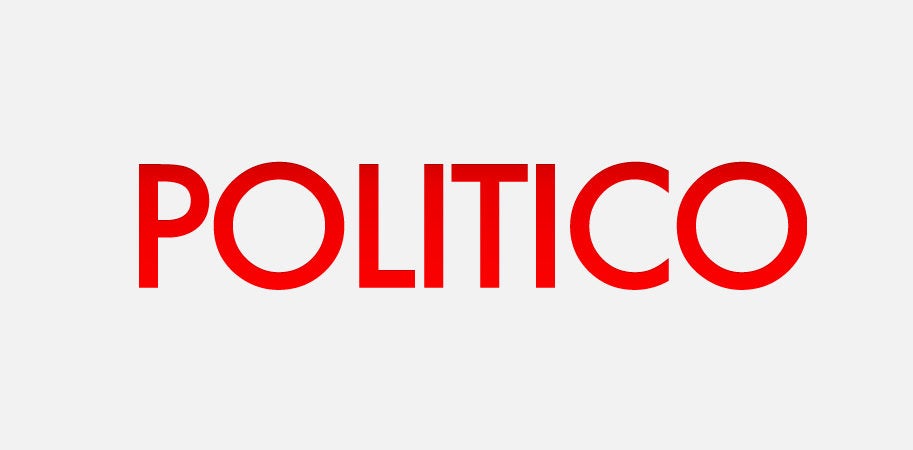Shorter supply chains. Domestic manufacturing requirements. Export restrictions. All these things could be the norm in a world after a major pandemic that has emboldened economic nationalists and raised alarm from free-traders.
“I think the direction of travel is pretty clear, that supply chains are unlikely to be getting longer and more global in coverage. If anything, they’re more likely to become more regional and shorter in distance,” said Simon Evenett, an economist at the University of St. Gallen in Switzerland who has been keeping track of the global trade response to the pandemic.
The shortening of future supply chains may be a product of corporations seeking to avoid “location risk” as much as they are a result of government policies that seek to safeguard against future crises, but deeper trade restrictions in the near term could prove to be more sinister.
Export restrictions on medical supplies crucial for the fight against the pandemic have in recent days given way to new policies restricting food shipments in the face of panic buying. Vietnam has stopped exporting rice and Kazakhstan and Russia placed restrictions on grains and other staples.
“All this leads to some potential uncertainty about food supply later in the year. If more countries start worrying about their own food supplies, and protect what’s within their own borders, then countries relying on trade may face real shortfalls later in the year,” said Tim Benton, a research director at the London-based Chatham House think tank.
A delicate balance: Whoever occupies the White House in 2021 and beyond will face the challenge of pursuing a trade policy that balances the need for domestic health and security vs. the global economy. G-20 leaders on Thursday provided a careful response committing to “facilitate international trade” and coordinate a response that avoids unnecessary interference with traffic and trade.
“Emergency measures aimed at protecting health will be targeted, proportionate, transparent, and temporary,” the statement said.
Still, the Trump administration has already shown it’s likely to use the crisis as reason to double down on policies that aim to shift supply chains back to the U.S. if the president wins another four years.
“We need to fundamentally review our supply chains and make sure that we know those supply chains and have control over them for moments just like this,” Secretary of State Mike Pompeo said on “The Hugh Hewitt Show.” That includes reducing reliance on China for pharmaceuticals, rare earth minerals, nuclear equipment and “a host of other things that are really central to American security,” he said.
To see the full article, click here.

